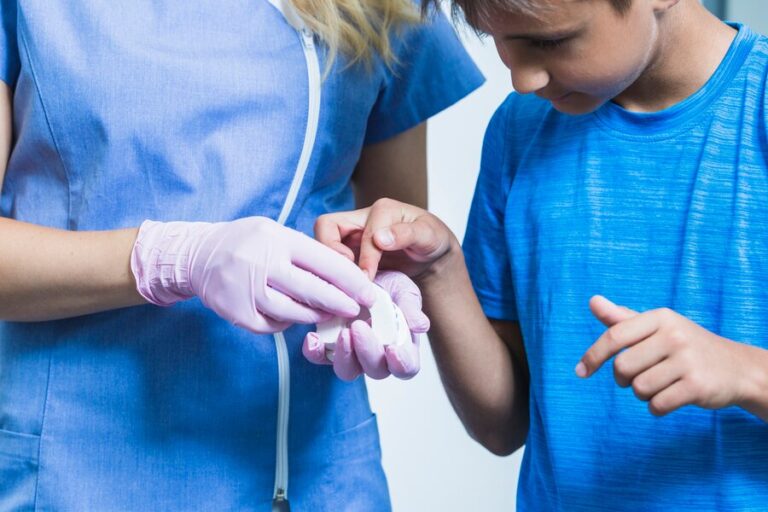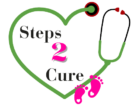Egg retrieval
Egg retrieval is a medical procedure commonly performed as part of in vitro fertilization (IVF) treatment. It involves the surgical extraction of mature eggs from a woman’s ovaries for use in assisted reproductive techniques.
Egg retrieval is a crucial step in the IVF process and requires careful coordination between the patient, fertility specialists, and embryologists to optimize the chances of successful fertilization and pregnancy.

Symptoms
If you are under the age of 43 and have been trying to conceive through regular unprotected sex for two years without success, or if you have undergone 12 cycles of artificial insemination, with at least six of these cycles utilizing intrauterine insemination (IUI), it may be indicative of infertility. In such cases, it’s crucial to seek evaluation and treatment from a fertility specialist or reproductive endocrinologist.
When to access Medical Care
Absolutely, seeking medical advice is important if you have been trying to conceive for an extended period without success. While it’s common for conception to take time, especially for individuals under 35 years old, if you’ve been trying for a year or more without success (or six months if you’re over 35), it’s recommended to consult a healthcare provider.
Determinants of risk
It’s crucial for individuals considering egg retrieval procedures, such as those undergoing in vitro fertilization (IVF) treatment, to be aware of potential complications and risks associated with the procedure. While these risks are generally minimal, they can include:
Bleeding: There is a possibility of bleeding from the site of the needle puncture during egg retrieval. This is typically minor but can occur.
Infection: Infection at the site of the procedure is a potential risk, although it is relatively rare with proper sterilization protocols.
Damage to the bowel or bladder: Although uncommon, there is a small risk of unintentional injury to adjacent organs such as the bowel or bladder during the procedure.
Failure to retrieve eggs: In some cases, eggs may not be successfully retrieved, leading to a possibility of not achieving pregnancy through the IVF cycle.
Ovarian hyperstimulation syndrome (OHSS): This is an exaggerated response of the ovaries to the hormonal stimulation used in IVF treatment. While measures are taken to minimize this risk, it can still occur and may result in symptoms such as abdominal pain, bloating, and nausea.
Recovery process
Recovery duration varies, contingent on factors like patient characteristics, chosen procedure, and the extent of severity.
Why entrust your care to us?
At Steps 2 Cure, our foundation of trust is built upon several key pillars that ensure your confidence in our services and expertise. Our team comprises highly qualified professionals with extensive experience in their respective fields. Their knowledge and skills enable us to offer you the best possible care and solutions for your medical needs. We understand that each individual is unique, and so are their healthcare requirements.
That’s why we prioritize tailoring our treatments and approaches to your specific circumstances, ensuring that you receive care that is truly designed for you. You are at the heart of everything we do. Your comfort, concerns, and aspirations guide our efforts. Our compassionate approach ensures that you feel valued and supported throughout your healthcare experience.
To commence the treatment procedure, you can start by forwarding your questions via WhatsApp at (+91 9999652964) or by sending an email to care@steps2cure.com. Our team will ensure a swift response to your queries.
Abdominoplasty
Still have a Query?
Your health and peace of mind matter to us, and we’re dedicated to addressing any inquiries you may have with care and expertise. Feel free to reach out.
